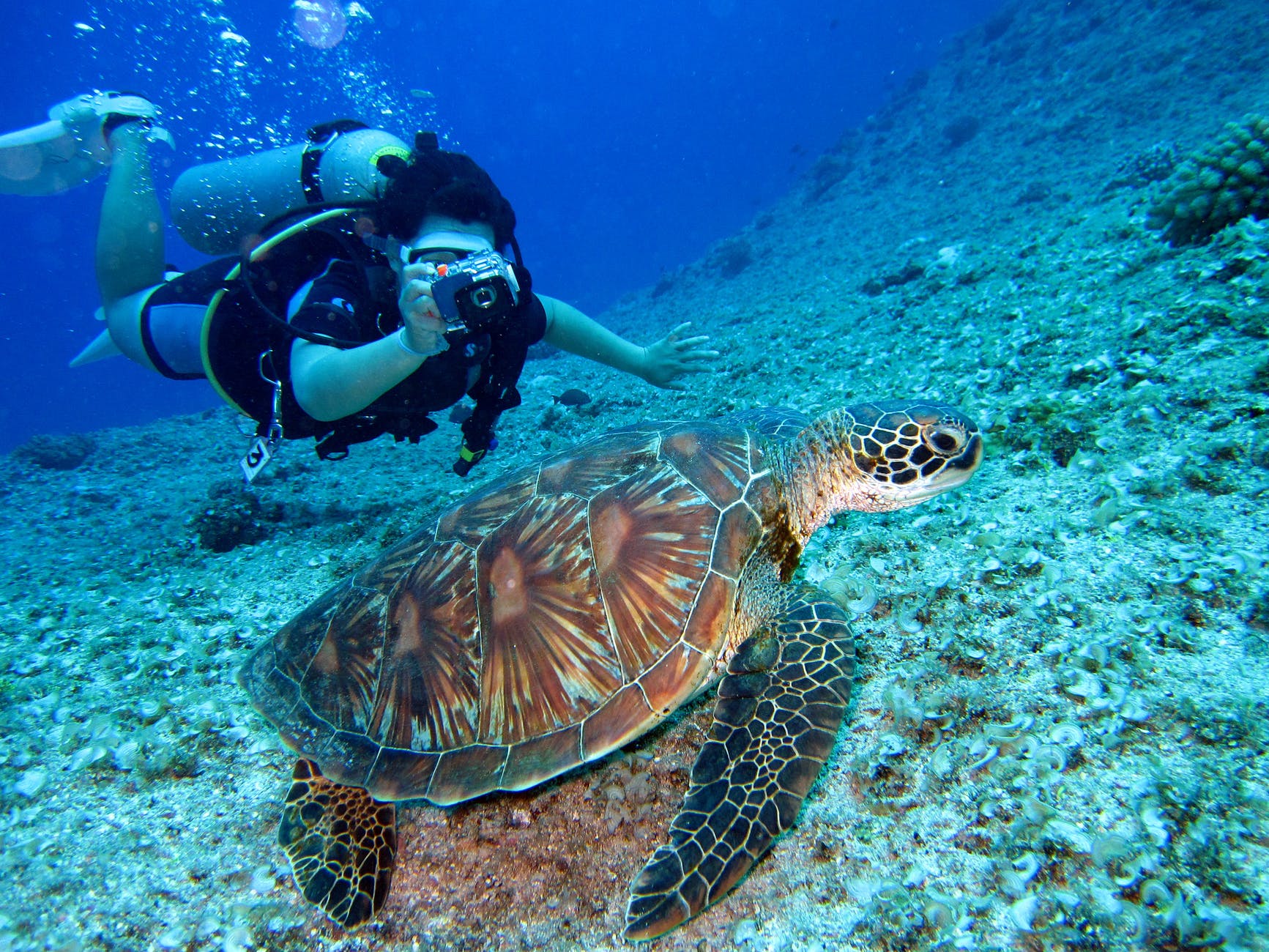Vanessa Hull from the University of Florida presented at the 2021 Lilly Conference online on “Choose Your Own Adventure: A Choice-Making Model for Student Learning.” After describing their experience witnessing the recovery of a Chinese community after an earthquake in 2008, Hull revisited how they teach. Hull mentioned the “Centering a Pedagogy of Care” and promoting flexibility, giving students a sense of control, and emphasizing affective components and opportunities for creativity. Hull talked about autonomy and self-determination theory. Hull read evidence about autonomy-supportive classrooms in which students have more control and better outcomes (citing Reeves).
Hull redesigned a course and students had to complete 20 ‘participation activities’ throughout the semester. The activities varied and offered “low stakes” ways to engage. Each week students had four or five activity choices and had to complete 20 during the course of the semester (one or two a week). Options included discussion boards, Padlet options, Zoom meetings, quizzes, Jamboards, YouTube videos, drawings… GoogleEarth maps! For a Jamboard activity, students were directed to a database of species and then told to select one and describe. The Jamboard had 11 pages of contributions! For a GoogleEarth map activity, students had to find the location on a map of an animal disease associated with climate change. Students added pins. With Wakelets, students learned about coral bleaching and found a social media contribution and reflected on it. Creative assignments encouraged students to draw: they chose an endangered species and drew or took pictures of wildlife.
Hull received positive student feedback. The quantitative feedback suggested high student satisfaction. Student reflections and written feedback noted that having options helped learner feel more engaged and put in more effort. One student made the entire course about coral reefs! Hull suggested:
- varying the types of engagement (quizzes, discussion boards, creative works),
- allowing flexible timing options (control over how many activities and when),
- providing frequent feedback,
- incorporating mechanisms of cross-student learning through discussion forums, and
- encouraging students to connect the activities to their passions and career needs/goals
What a fantastic way to provide flexibility and variety! I was particularly inspired by the student who personalized the course using the flexible activities. I wonder if the BIT 295 ethical situations can be a list of activities and students have options for how which ones to complete?



